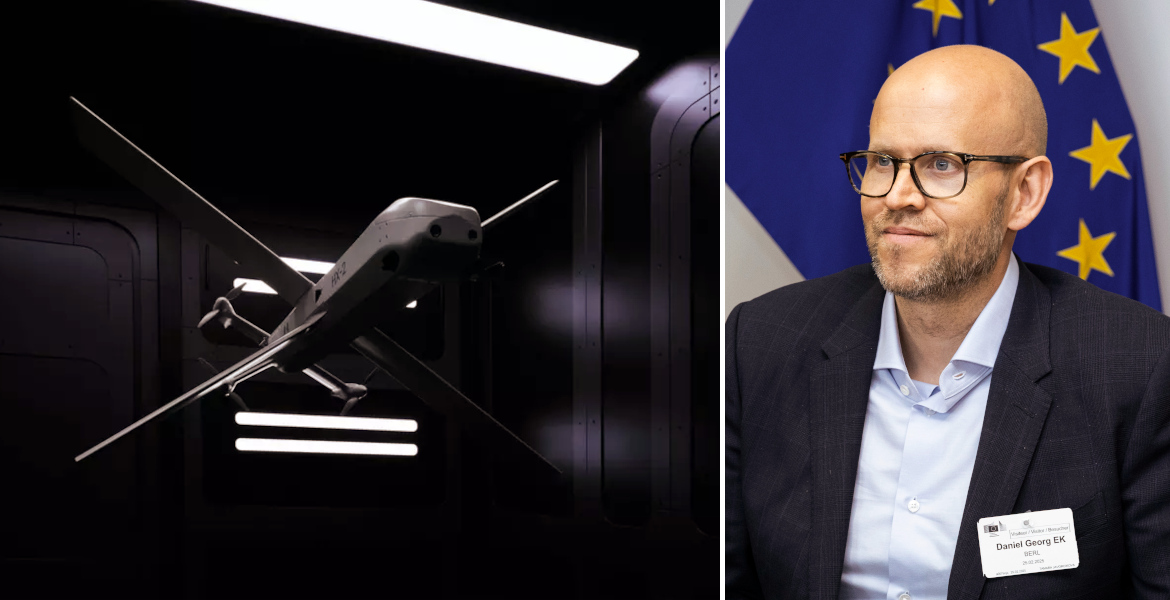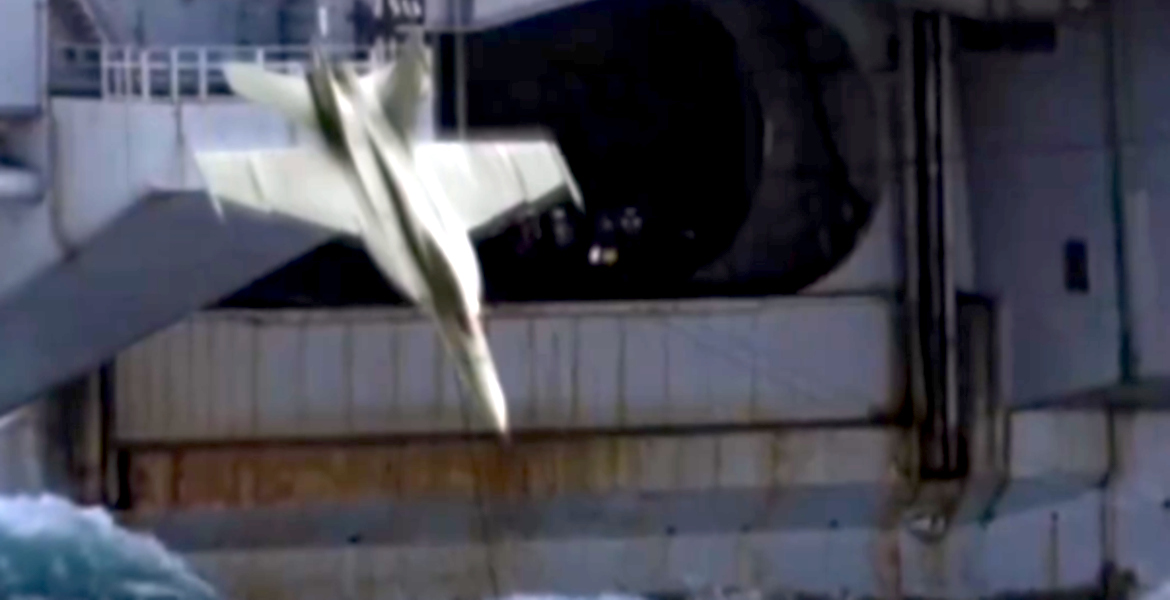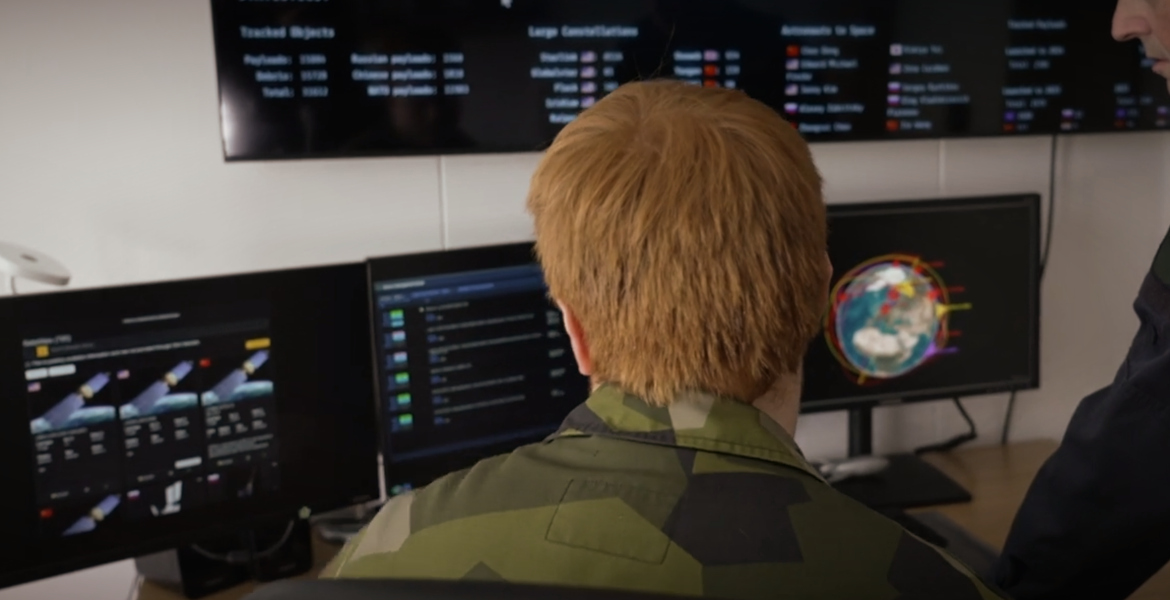The German government plans to award three companies contracts worth €1 billion for the delivery of kamikaze drones – one of them is Daniel Ek's military technology company Helsing.
The three companies expected to share the contract are the Ek-backed startup Helsing, German competitor Stark – which counts Silicon Valley billionaire Peter Thiel among its investors – and military-industrial giant Rheinmetall. Each company is expected to be awarded contracts of around €300 million each, according to sources speaking to the Financial Times.
No formal agreements have yet been signed, but if the contracts are approved by the German Bundestag's budget committee, they will likely be the largest deals for both young startups to date.
Under the agreement, the three companies are to deliver up to 12,000 kamikaze drones, though only a portion of that number will be delivered initially. The drones are expected to be deployed with a new German brigade stationed in Lithuania, with the official mission of defending NATO's eastern border against potential Russian attacks and airspace violations.
According to sources who spoke with FT, German authorities hope that splitting the contract among three players will stimulate innovation and competition.
— They're doing it to keep the competition alive and make sure they get the best system, said one of the sources.
European drone armament buildup
The deal comes at a time when European countries are significantly building up their drone warfare capabilities, both in terms of defensive technology to protect against potential drone attacks and offensive drones to conduct attacks against targets in other countries.
Investment in Europe's military technology startups has soared since the war in Ukraine escalated in 2022, with various venture capital firms now investing large sums in military operations.
Helsing has been described as Europe's most valuable military startup with a valuation of €12 billion, and over the past year the company has announced plans to deliver 6,000 drones to Ukraine, acquired German aircraft manufacturer Grob, and presented plans to manufacture underwater surveillance systems in the United Kingdom.
Stark was founded just 15 months ago and is backed by investors including American tech billionaire Peter Thiel and venture capital firm Sequoia Capital. The company has a team in Ukraine working on testing and development, and in July announced plans to open a factory in the English town of Swindon.
Rheinmetall surprised observers
That part of the contract would go to artillery and tank manufacturer Rheinmetall, which has already won tens of billions of euros in government contracts, came as a surprise to some players in the military-industrial sector.
Although the company has partnerships with American drone manufacturer Anduril and Israeli company UVision, it had until recently not had its own armed drone in its product portfolio.
Rheinmetall, headquartered in Düsseldorf, Germany, offered to deliver the armed drone FV-014 to the German army, which the company publicly presented in September. The drone, also known as Raider, can carry a 5-kilogram payload and has a range of 100 kilometers.
Stark will deliver its armed drone Virtus and Helsing its HX-2.




